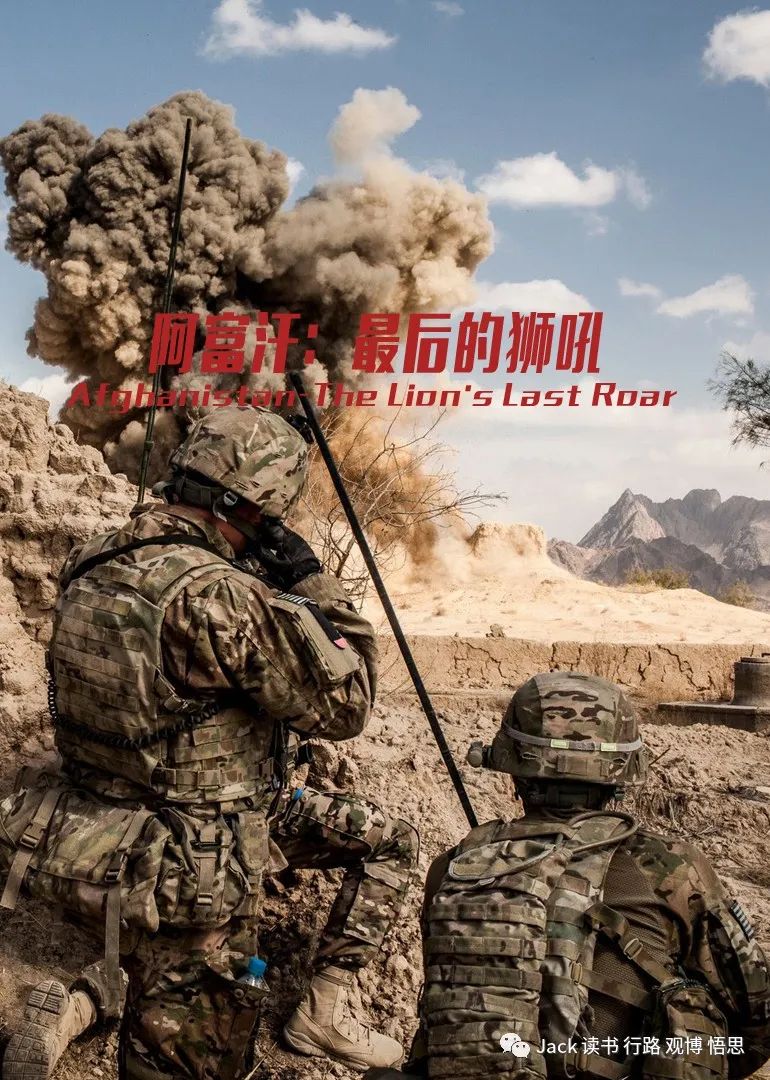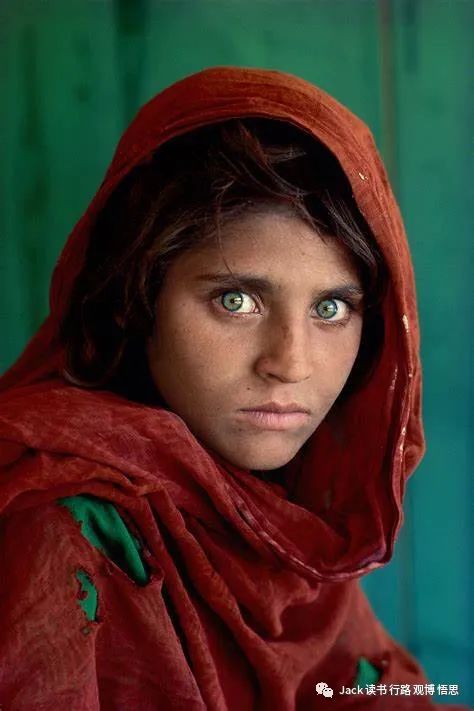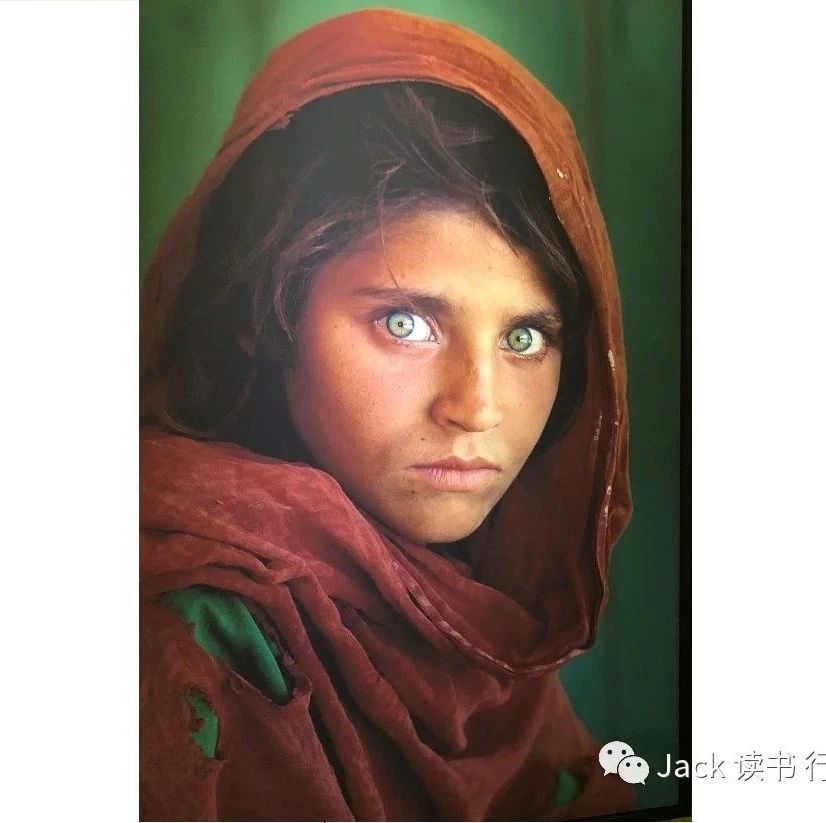Read History with Jack 36 - “The Graveyard of Empires”:

(BBC Documentary: Afghanistan - The Lion's Last Roar)
Ernest Hemingway once said, “Never think that war, no matter how necessary, nor how justified, is not a crime”. This famous quote perfectly matches the current situation in Afghanistan. For the past 200 years or so, European, Russian, and American forces all have invaded Afghanistan and resulted in tragic outcomes. Those tragic outcomes made Afghanistan “The Graveyard of Empires”.
Three Anglo-Afghan Wars occurred in the 19th and 20th centuries. The First Anglo-Afghan War eventually resulted in a terrible bloodbath, with tens of thousands of soldiers and civilians killed. At the end of the Second Anglo-Afghan War, more than 5000 Afghan civilians had been killed, and the death toll for the British side also surpassed 9000. These two wars are just two classic examples of how foreign interference in Afghanistan resulted in tragedy. (The Editors of Encyclopaedia Britannica) (Robson)
In 1979, the Soviet Union deployed its troops in Afghanistan. However, after ten years of unsustainable guerilla warfare, the Soviets eventually gave up. Between 562000-2000000 civilians lost their lives owing to this war, and millions more became helpless refugees. The Soviet-Afghan War again illustrated how foreign interference in Afghanistan resulted in catastrophe. (Grau and Ahmad)
In 2001, soon after 9/11, the U.S. launched its “War on Terror”. But during this ongoing war, more than 38000 innocent lives have been lost, and thousands upon thousands of soldiers of both sides have been killed in combat. (Staff of the Economist)

(Afghan Girl and Refugee: Gula)
The situation in Afghanistan is indeed a conundrum. What we can do, what we should do, as plain citizens, is to research more about the history, religion and culture of Afghanistan and respect those aspects. Only through knowing Afghanistan more thoroughly can we think of ways to make peace in the region. Additionally, we should all be clear that war should be the last resort in solving relationship crises between countries, and that collaboration along with diplomacy should come before war. With a united effort, we can make peace in Afghanistan at last! (O’Hanlon and Sherjan) (Sheikh) (Staff of the Economist)
WORKS CITED
Crawford, Neta C. "Human Cost of the Post-9/11 Wars: Lethality and the Need for Transparency."Watson.Brown.edu, Nov. 2018,watson.brown.e. du/costsofwar/files/cow/imce/papers/2018/Human%20Costs%2C%20Nov%208%202018%20CoW.pdf.Accessed 26 Mar. 2020.
The Editors of Encyclopedia Britannica, editor. "Anglo-Afghan Wars."
Encyclopaedia Britannica, Encyclopaedia Britannica, Inc., 13 Nov. 2019.
www.britannica.com/event/Anglo-Afghan-Wars#ref1119626. Accessed 25 Mar.2020.
Grau, Lester W., and Ali Ahmad Jalali. "The Soviet-Afghan War: Breaking the Hammer&Sickle." Wayback Machine, web.archive.org/web/20060718225045/ http://www.vfw.org/resources/levelxmagazine/0203_Soviet-Afghan%20War.pdf. Accessed 26 Mar. 2020
O'Hanlon, Michael E., and Hassina Sherjan. "Making Peace in Afghanistan.
Brookings.edu, 21 Sept. 2011, www.brookings.edu/opinions/making-peace-in-afghanistan/. Accessed 26 Mar. 2020.
Robson, Brian. The Road to Kabul: The Second Afghan War, 1878-1881. Stroud, Spellmount, 2007.
Shabir, Sheikh. "How to Bring Peace in Afghanistan?" The Geopolitics, 31 Jan. 2018, thegeopolitics.com/how-to-bring-peace-in-afghanistan/. Accessed 26 Mar. 2020.
Staff of The Economist. "Can It Be?" The Economist, digital ed., 27 Feb. 2020. 8. ---. "Peace with Afghan Characteristics." The Economist, digital ed., 5 Mar. 2020, p. 1.
- 本文标签: 原创
- 本文链接: http://www.jack-utopia.cn//article/483
- 版权声明: 本文由Jack原创发布,转载请遵循《署名-非商业性使用-相同方式共享 4.0 国际 (CC BY-NC-SA 4.0)》许可协议授权










